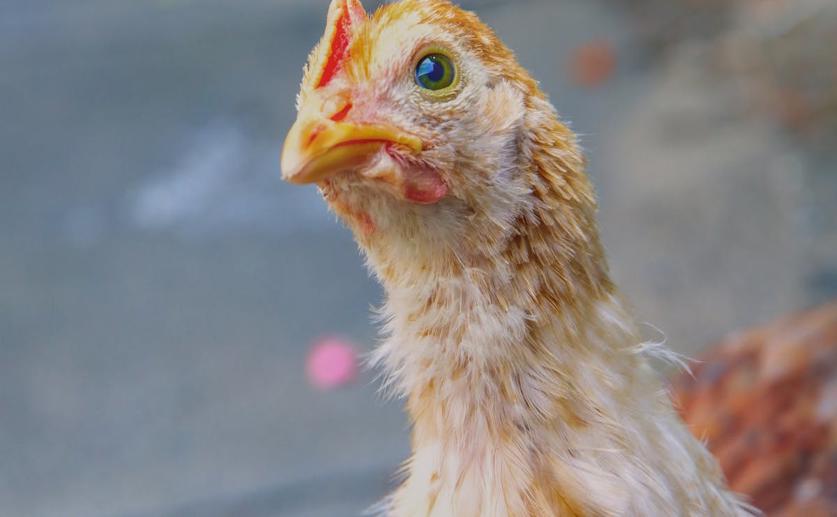
How Special Sugars Fed Before Hatch Affect Chicken Immunity and Gut Health
Jenn Hoskins
5th May, 2024

Image Source: Michelle Carrie (photographer)
Key Findings
- University of Hawaii study explores in ovo feeding of prebiotics to improve chicken gut health
- Injecting prebiotics into chicken eggs led to changes in gut bacteria and immune markers
- The study suggests in ovo prebiotic feeding could enhance early chicken development and health
NutritionEcologyAnimal Science
References
Main Study
1) Effect of in ovo feeding of xylobiose and xylotriose on plasma immunoglobulin, cecal metabolites production, microbial ecology, and metabolic pathways in broiler chickens
Published 4th May, 2024
https://doi.org/10.1186/s40104-024-01022-7
Related Studies
2) Characterization of microbial communities in the chicken oviduct and the origin of chicken embryo gut microbiota.
3) In ovo Feeding as a Tool for Improving Performance and Gut Health of Poultry: A Review.
4) Early Nutrition Programming (in ovo and Post-hatch Feeding) as a Strategy to Modulate Gut Health of Poultry.
5) Dynamic distribution of gut microbiota during embryonic development in chicken.



 22nd April, 2024 | Jim Crocker
22nd April, 2024 | Jim Crocker